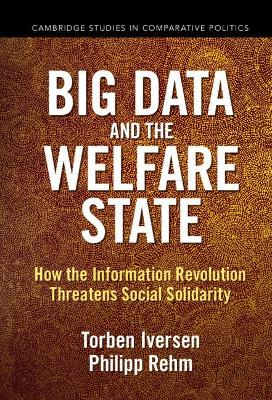Cambridge Studies in Comparative Politics
3 total works
This book, first published in 2005, builds on institutionalist theory in both economics and political science to offer a general political economy framework for the study of welfare capitalism. Based on the key idea that social protection in a modern economy, both inside and outside the state, can be understood as protection of specific investments in human capital, the book offers a systematic explanation of popular preferences for redistributive spending, the economic role of political parties and electoral systems, and labor market stratification (including gender inequality). Contrary to the popular idea that competition in the global economy undermines international differences in the level of social protection, the book argues that these differences are made possible by a high international division of labor. Such a division is what allows firms to specialize in production that requires an abundant supply of workers with specific skills, and hence high demand for protection.
This book helps explain one of the most intriguing and politically salient puzzles in comparative political economy: why some countries have much higher unemployment rates than others. Contrary to new classical economics the focus is on explaining distribution and equilibrium unemployment, and contrary to neo-corporatist theory the role of monetary policy and rational expectation is integral to the analysis. The book makes two central arguments. The first is that monetary policies affect equilibrium employment whenever wages are set above the firm level. The second argument focuses on the distributive effects of different institutions, and models institutional design as a strategic game between partisan governments and cross-class alliances of unions and employers.
A core principle of the welfare state is that everyone pays taxes or contributions in exchange for universal insurance against social risks such as sickness, old age, unemployment, and plain bad luck. This solidarity principle assumes that everyone is a member of a single national insurance pool, and it is commonly explained by poor and asymmetric information, which undermines markets and creates the perception that we are all in the same boat. Living in the midst of an information revolution, this is no longer a satisfactory approach. This book explores, theoretically and empirically, the consequences of 'big data' for the politics of social protection. Torben Iversen and Philipp Rehm argue that more and better data polarize preferences over public insurance and often segment social insurance into smaller, more homogenous, and less redistributive pools, using cases studies of health and unemployment insurance and statistical analyses of life insurance, credit markets, and public opinion.


